

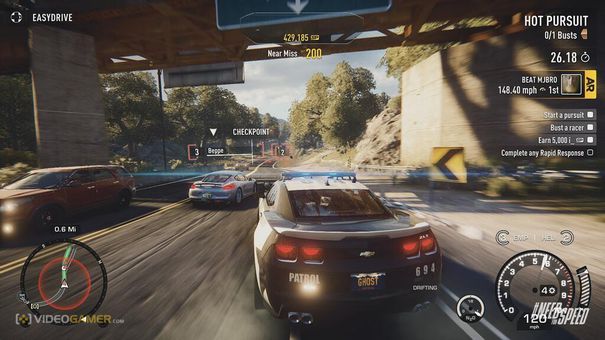

"There was never any big official decision to stop [Criterion working on Need For Speed]," says former Criterion creative director Craig Sullivan. "It just naturally evolved that way. Alex [Ward, Criterion creative director] and Fiona [Sperry, studio director] wanted to do something that wasn't Need For Speed and that's what they're doing now. If you're not both working on the same game then you might as well go and work on separate bits and pieces."
Sullivan's career at Criterion spanned over a decade, during which he contributed to fan-favourite smash 'em up Burnout and shooter experiment Black, and helped lead the charge on Need For Speed's reinvention with 2010's critical darling Hot Pursuit and last year's Most Wanted. But over the last few months, things have changed. Along with 80 per cent of his former Criterion colleagues, Sullivan has formally made the jump to Ghost Games, serving as creative director on the studio's debut title Need For Speed: Rivals.
"At the end of Most Wanted, I knew that Marcus [Nilsson, Ghost studio head] and his team over at Gothenburg were working on Rivals," says Sullivan. "I wanted to be involved, you know, unfinished business with Need For Speed. I love Need For Speed and it's like, give me some more, I'll come and help. I'll be creative director."
Sullivan was one of around 70 people who splintered off from Criterion to grow Ghost, a new Need For Speed studio founded in Gothenburg that has since engulfed the majority of Criterion's Guildford team. But as the news of Criterion's downsizing broke, the changes to the studio raised plenty of unanswered questions, prompting fans to take to message boards and social networks to ponder the 'end' of one of the industry's best-loved teams. Why had the team size been cut to just 16 people? What sort of projects would Criterion be capable of with such a small amount of people? And was this the final nail in the coffin for Burnout?
"Alex, Fiona and a group of around 20-odd people are working on some new stuff that I haven't seen and the majority of the guys [at Ghost UK] haven't seen," says Sullivan, unwilling to spill the beans on the studio's projects. "They're doing cool stuff."
But with Criterion's shrinkage, Ghost swelled. "At the moment, Need For Speed Rivals is being made by close to 100 people in Gothenburg and probably 70 people at Ghost UK," says Sullivan. "There's a lot of experience here so we wanted to make the best use of that."
The UK extension will play a significant role in the future of Need For Speed beyond this year's game. But rather than isolate the studios and allocating them different projects, Sullivan suggests that the teams may be structured to work on the same project in tandem.
"We're only an hour and a half away on the plane so we're constantly pinging back and forth," he says, "and everybody's working on the same software. So to me, it's a big team just in two locations. We've actually had a lot of the guys [from Guildford] coming over and spending a week, two weeks, sometimes longer in Gothenburg, and the same thing for the guys in Gothenburg coming over here. They're essentially the same studio in two different locations. It sounds a bit strange but that's how it's panning out."
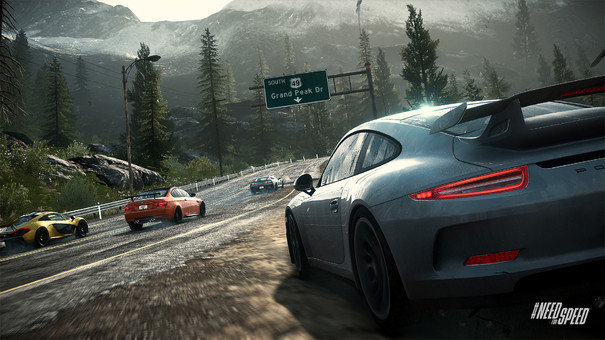
Both teams are being overlooked by management in Gothenburg, says Sullivan, "but we have senior guys here as well. This team here I've worked with very closely to ship Need For Speed: Hot Pursuit and Need For Speed: Most Wanted, so 80 per cent of the people who shipped those games are upstairs working on Rivals right now."
If Ghost UK and Ghost Gothenburg continue to collaborate extensively on future projects, though, there are questions to be asked over Need For Speed's scheduling. Even with two teams on board, will Ghost have enough time to develop a new game each year or will Need For Speed be forced to break its 16-year tradition and be taken out of annual rotation?
"Who knows?" says Sullivan. "At the moment, everybody in this building and everybody at Gothenburg is working on Rivals. There are lots of different things we could do after that, but no core decisions have been made yet. There are lots of ideas floating around, but the reality is that it takes so much for a team to ship a game that we are 100 per cent focussed on this. Then when we're done and the game is out and people are having fun with it, then we'll look at exactly what the future holds for us.
"The future is obviously Need For Speed because Ghost are picking up the Need For Speed banner," he continues, "but that can mean many different things. We could stop and wait a few years and do another game or we could do another game sooner. Or we could do a service or tablet stuff. The fact is, there are lots of different things we can do and we will make the decision on exactly what that's going to be once this game is done."
For the immediate future, then, Ghost is concentrating on wrapping up Rivals, a sandbox racer that promises to blend the sweeping roads and high speed pursuits of Hot Pursuit with the open world freedom of Most Wanted.
"The handling is definitely the best we've ever done," says Sullivan. "I think the cars feel a bit more realistic than they have before, but they feel tight and controllable in terms of the best high-speed handling from Hot Pursuit and the best low-speed handling from Most Wanted. I think we've got a really good marriage between the two, and obviously the cop and racer gameplay is back and deeper than ever."
And if Ghost can marry up Criterion's finest with some of the hires it's made recently in Gothenburg, it may be on to a winner in the years ahead, too.
"We have some interesting plans for the future," Sullivan teases. "We've been through some changes and it's all been good and really beneficial to everybody involved, but what happens after this is something that we're working out now and looking very closely at. I can't go into details on that stuff, but I'm sure you and many other people will draw your own conclusions from that."
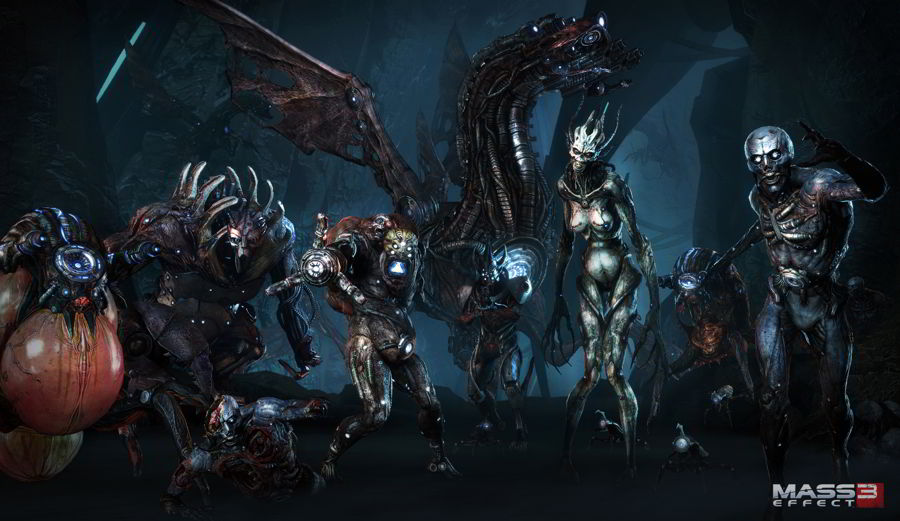
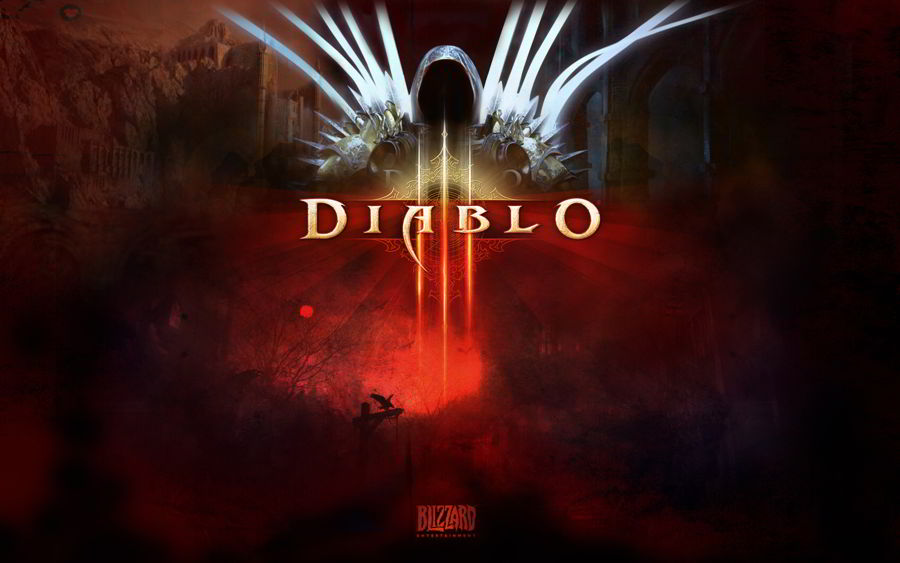
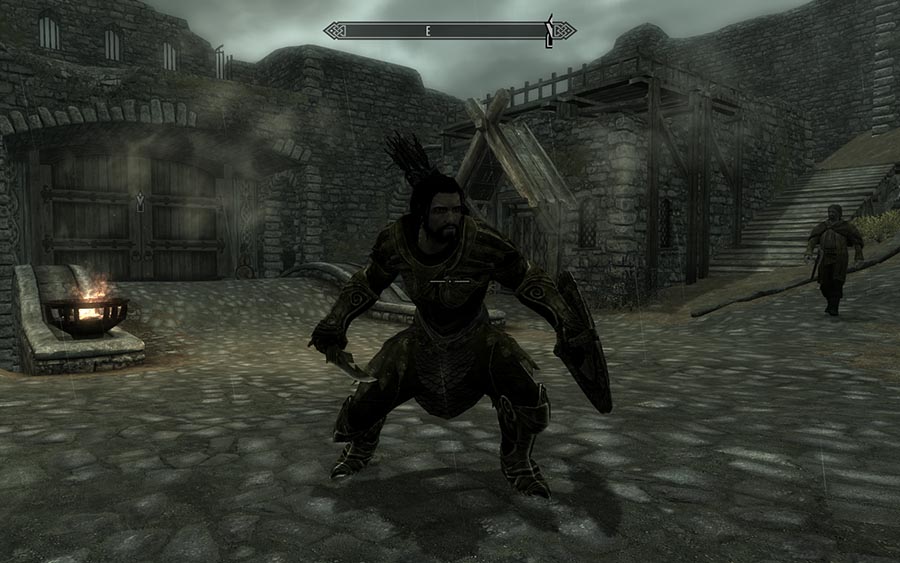
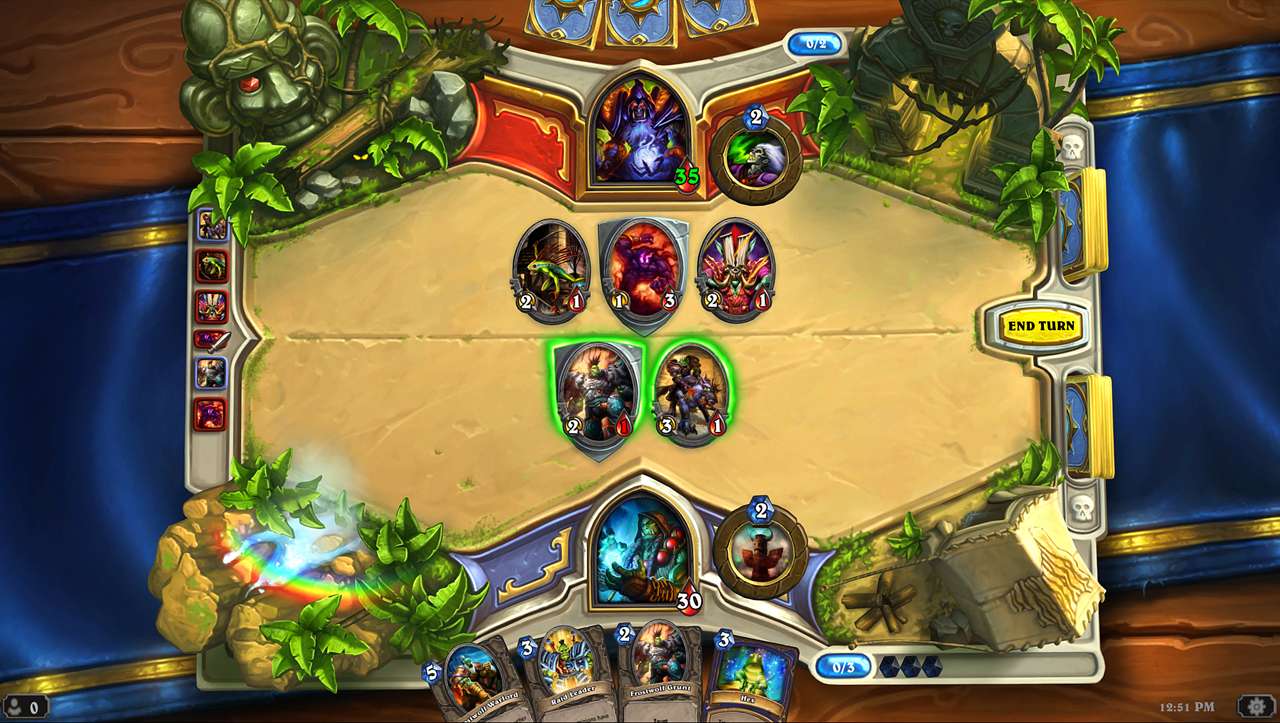
 Full Mojo Rampage A must try
Full Mojo Rampage A must try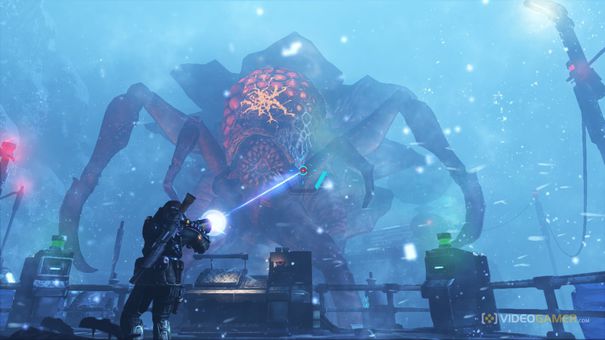 Lost Planet 3: A C
Lost Planet 3: A C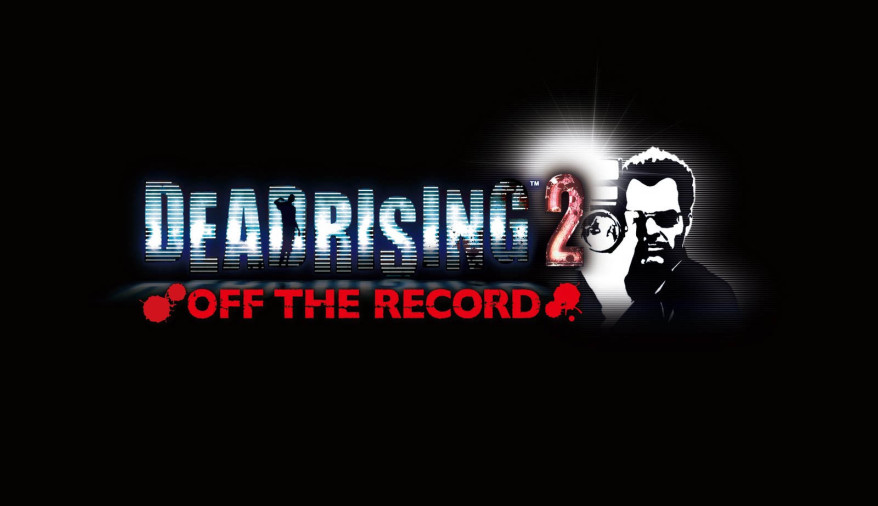 Dead Rising 2: Off The Record - How To Get Gold In Terror Is Reality
Dead Rising 2: Off The Record - How To Get Gold In Terror Is Reality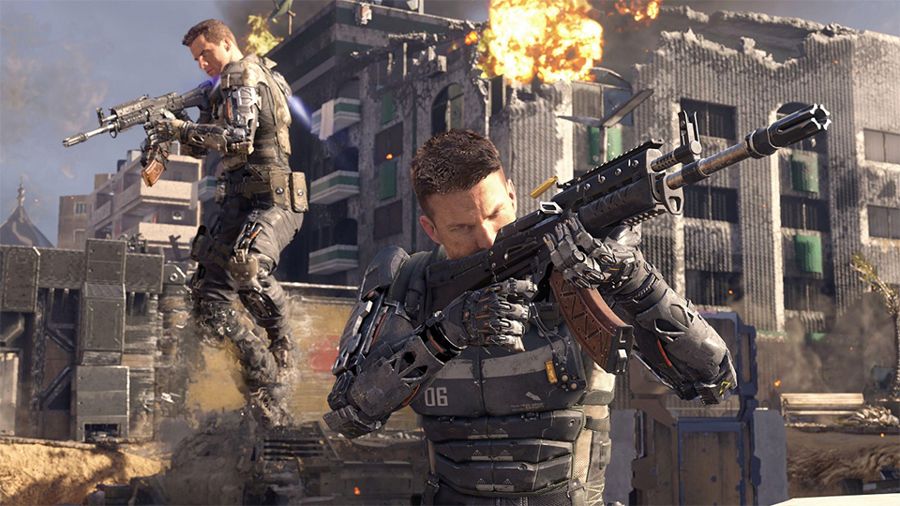 How To Earn Cryptokeys In Call Of Duty Black Ops 3
How To Earn Cryptokeys In Call Of Duty Black Ops 3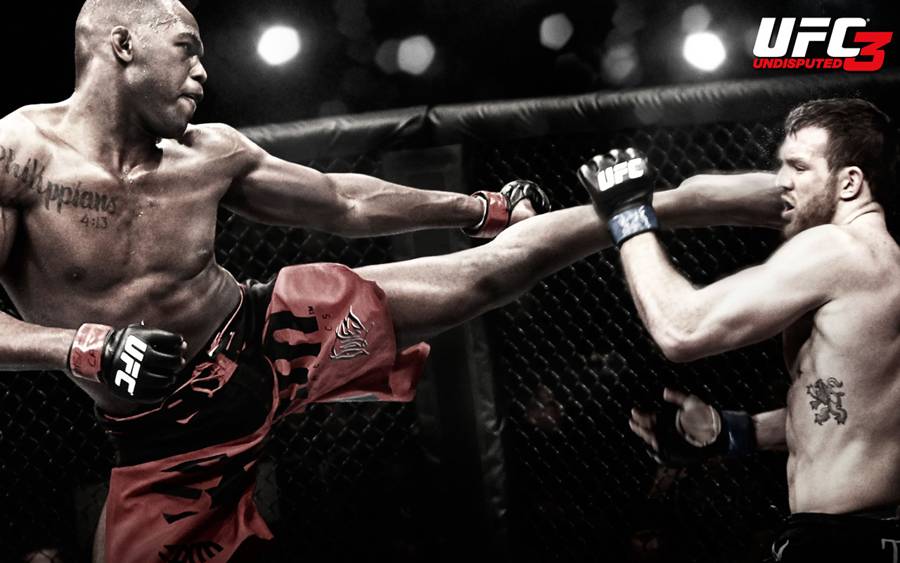 UFC Undisputed 3 Skill Test Walkthrough
UFC Undisputed 3 Skill Test Walkthrough